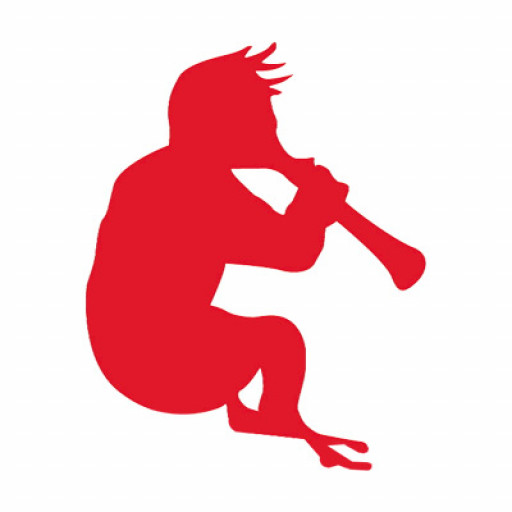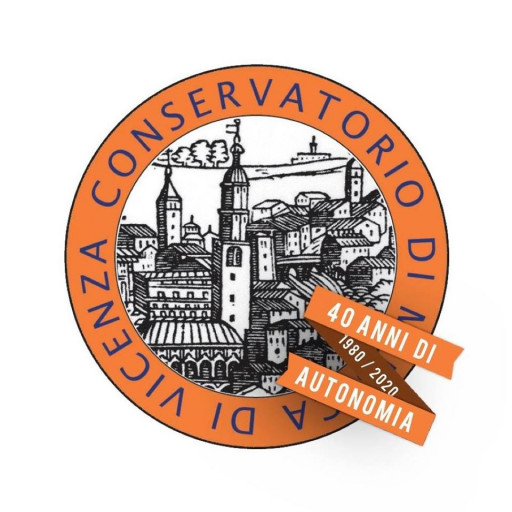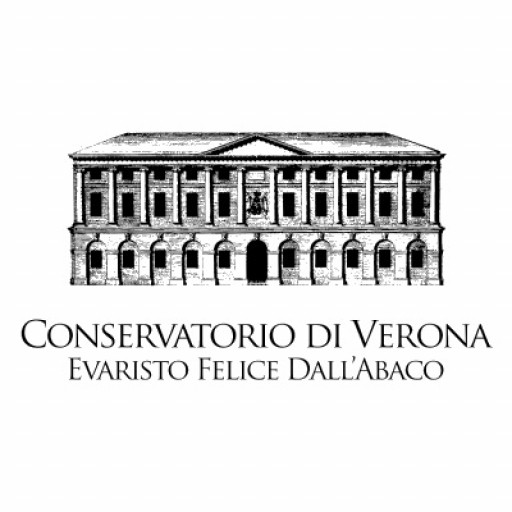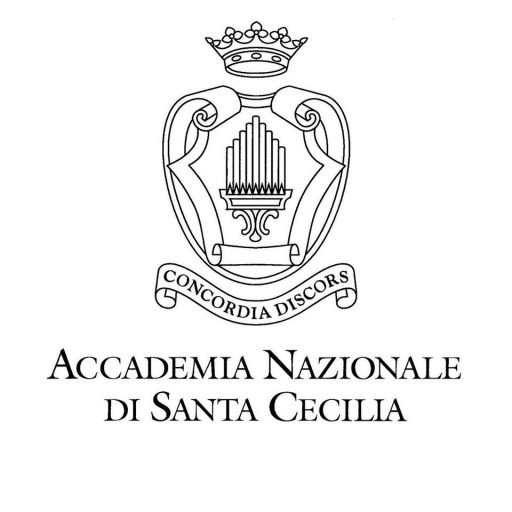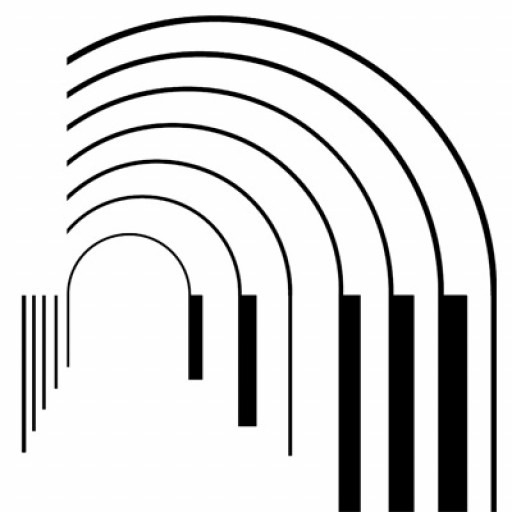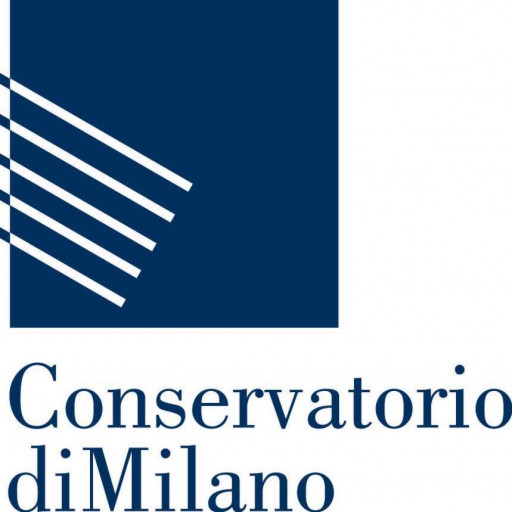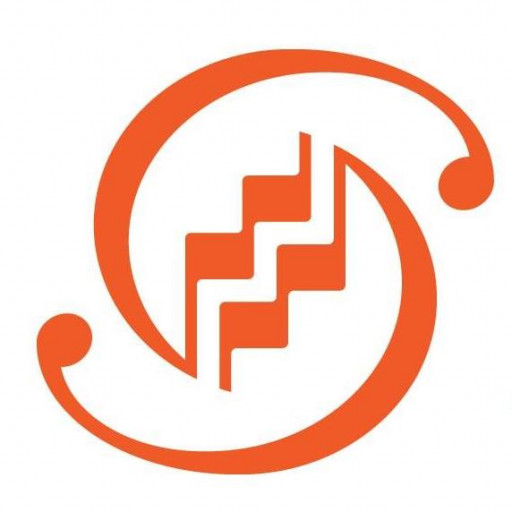The BA (Hons) Sound Production program at Edinburgh Napier University is a comprehensive course designed to equip students with the technical skills, creative insights, and industry knowledge required to excel in the dynamic field of audio production. This programme provides an in-depth understanding of sound recording, mixing, editing, and mastering techniques, enabling students to develop a versatile skill set suitable for various sectors such as music, film, television, radio, and gaming. Students will gain practical experience using state-of-the-art studio facilities and industry-standard software, fostering their ability to produce high-quality sound content tailored to diverse media formats. The curriculum balances theoretical knowledge with hands-on training, encouraging students to experiment with different recording environments, sound design, and live sound engineering practices. Throughout the course, students will explore topics including acoustics, audio technology, sound system setup, and the principles of music production. They will also develop essential skills in project management, teamwork, and communication, preparing them for collaborative working environments in the audio industry. The programme emphasizes contemporary industry practices, with guest lectures, industry placements, and project-based assessments providing real-world experience. Graduates of this course will be well-equipped to pursue careers as sound engineers, music producers, audio post-production specialists, sound designers, or entrepreneurs within the entertainment and media industries. Edinburgh Napier University's vibrant campus environment and connections with industry leaders offer students numerous opportunities for networking and professional development. With a strong emphasis on creativity, technical proficiency, and professional readiness, the BA (Hons) Sound Production programme aims to cultivate the next generation of innovative audio professionals capable of shaping the future of sound in various media platforms.
Sound Production at Edinburgh Napier University offers a comprehensive curriculum designed to equip students with the technical skills, creative insights, and industry knowledge necessary to succeed in the dynamic field of audio engineering and sound design. The programme combines practical hands-on experience with theoretical foundations, enabling students to develop expertise in recording, mixing, sound design, and post-production for various media, including music, film, television, and digital content. Throughout the course, students engage with state-of-the-art recording studios and audio equipment, allowing them to apply industry-standard techniques in real-world scenarios. The curriculum covers core subjects such as acoustics, audio engineering principles, signal processing, and music production, alongside specialised modules like interactive sound design, live sound engineering, and music technology. Emphasis is placed on fostering creativity, problem-solving skills, and technical proficiency, preparing graduates for diverse roles within the entertainment, media, and broadcasting industries. Students also have opportunities to collaborate on live projects, undertake industry placements, and develop their portfolios, providing valuable industry connections and practical experience. Throughout their studies, learners are encouraged to explore innovative approaches and emerging trends in sound production, including surround sound, spatial audio, and immersive sound environments. The programme is designed to support both aspiring sound engineers and creative sound designers, with flexible pathways to tailor the learning experience to individual career goals. Graduates of this programme are well-equipped to pursue careers in professional audio production, sound editing, studio engineering, and multimedia sound design, with strong prospects for employment in a competitive industry. Edinburgh Napier University’s state-of-the-art facilities, experienced faculty, and industry links ensure students receive a high-quality education grounded in current industry standards and practices.
A minimum of 120 SCQF credits must be achieved for this programme, including 90 credits at SCQF level 10, with modules covering sound design, music production, and audio engineering principles. Applicants are expected to demonstrate a relevant academic background or equivalent experience in music, audio technology, or related fields. The programme emphasizes practical skills, requiring students to complete a portfolio of work demonstrating their technical competence and creative abilities in sound production. Core modules include Studio Sound Engineering, Audio Post-Production, Sound Design for Visual Media, and Digital Music Production, each designed to build foundational knowledge and advanced skills. In addition, students undertake a work-based project or industry placement to develop real-world experience, which is a compulsory component of the degree. To progress through the programme, students must achieve a minimum grade of 50% in each core module. Assessment methods include coursework, practical projects, portfolio submissions, and written exams. The programme encourages interdisciplinary collaboration, requiring students to work in teams on production projects, thereby enhancing communication and teamwork skills vital in the industry. Entry requirements typically include an Upper Second Class Honours degree or equivalent qualification, with applications considered from mature students with relevant professional experience. International students are required to demonstrate proficiency in English through standardized tests such as IELTS with a minimum score of 6.0 overall. The programme provides opportunities for networking with industry professionals through guest lectures, masterclasses, and industry meets, ensuring graduates are well-prepared for employment in music production, sound design, and related fields. Graduates will be equipped with both theoretical knowledge and practical expertise, enabling them to work as sound engineers, music producers, sound designers, or continue their studies at postgraduate level.
The Edinburgh Napier University offers a range of financing options to support students pursuing the Sound Production program. Domestic students can apply for various scholarships and bursaries provided by the university, which are designed to reduce the financial burden of higher education. These include merit-based scholarships for outstanding academic achievement and need-based bursaries for students demonstrating financial hardship. Additionally, students may be eligible for government funding schemes such as Student Loans and Grants, which can cover tuition fees and living expenses. International students are encouraged to explore scholarship opportunities specific to their country of residence, as well as university-specific awards available to outstanding international applicants.
The university also participates in the UK Student Loans Company, allowing eligible students to access tuition fee loans that can be repaid after graduation. For postgraduate students, there are specific funding options such as research council grants and professional development loans. Students are advised to thoroughly research the specific eligibility criteria and application deadlines for each funding source. Edinburgh Napier also provides guidance and support through their Student Funding team, assisting students in identifying the most suitable financial aid options and completing application processes.
Furthermore, students are encouraged to explore external funding sources such as private scholarships, sponsorships, and part-time work opportunities available in Edinburgh. The university's location in the vibrant city of Edinburgh offers numerous part-time employment opportunities which can help students support their studies financially. Overall, Edinburgh Napier University aims to make higher education accessible to all qualified students through a comprehensive range of funding options, detailed guidance, and ongoing support to ensure that financial issues do not hinder the pursuit of a degree in Sound Production.
The Bachelor of Arts (Honours) in Sound Production at Edinburgh Napier University offers students a comprehensive education in the art and science of sound engineering and production. The program is designed to equip students with practical skills in recording, mixing, and editing audio, as well as an understanding of the theoretical aspects of sound technology and music production. Throughout the course, students are engaged in hands-on projects that simulate real-world scenarios, preparing them for careers in the music industry, film and television post-production, gaming, and live sound environments. The curriculum covers key topics such as audio recording techniques, studio equipment operation, digital audio workstation (DAW) skills, sound design, post-production processes, and music technology. Students also have opportunities to develop their creative and technical abilities through collaborative projects, industry placements, and access to modern studio facilities. The program emphasizes both the technical proficiency and artistic sensibility necessary to excel in a competitive industry. Graduates of the course are well-prepared to pursue careers as sound engineers, music producers, sound designers, or to undertake postgraduate study. Edinburgh Napier University’s strong links with industry professionals and organizations provide students with valuable networking opportunities and practical experience. The course is suitable for students passionate about music, sound recording, and technological innovation in audio production, and aims to foster both technical expertise and creative expression. The program duration is typically three years full-time, but part-time options may also be available. The degree qualifies students for diverse roles across entertainment, media, and communication sectors, reflecting the dynamic and evolving nature of sound production technology.

